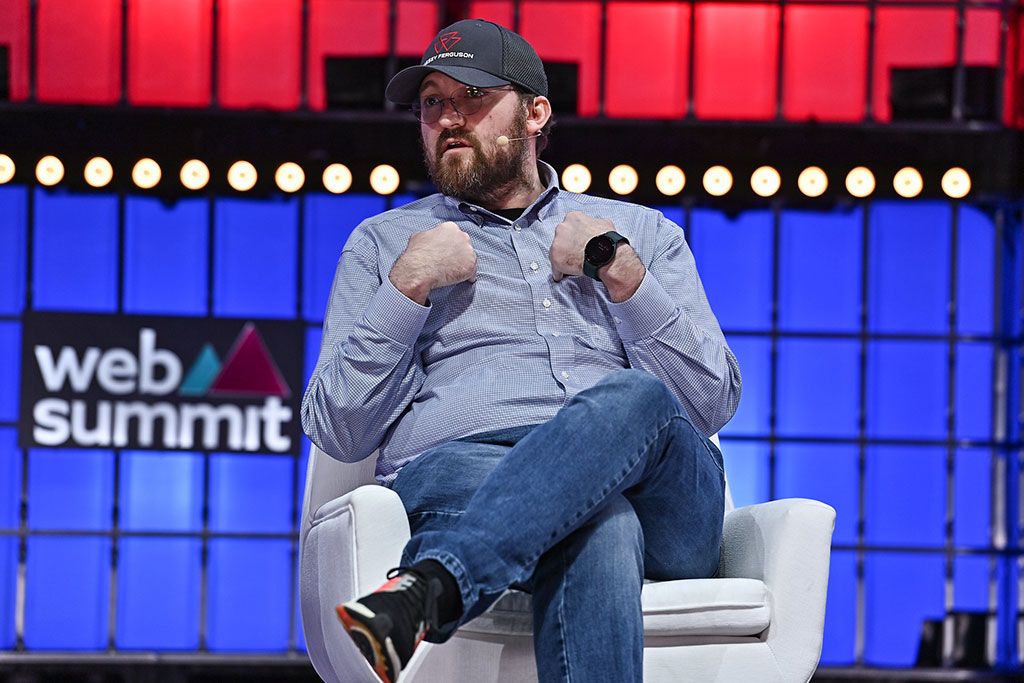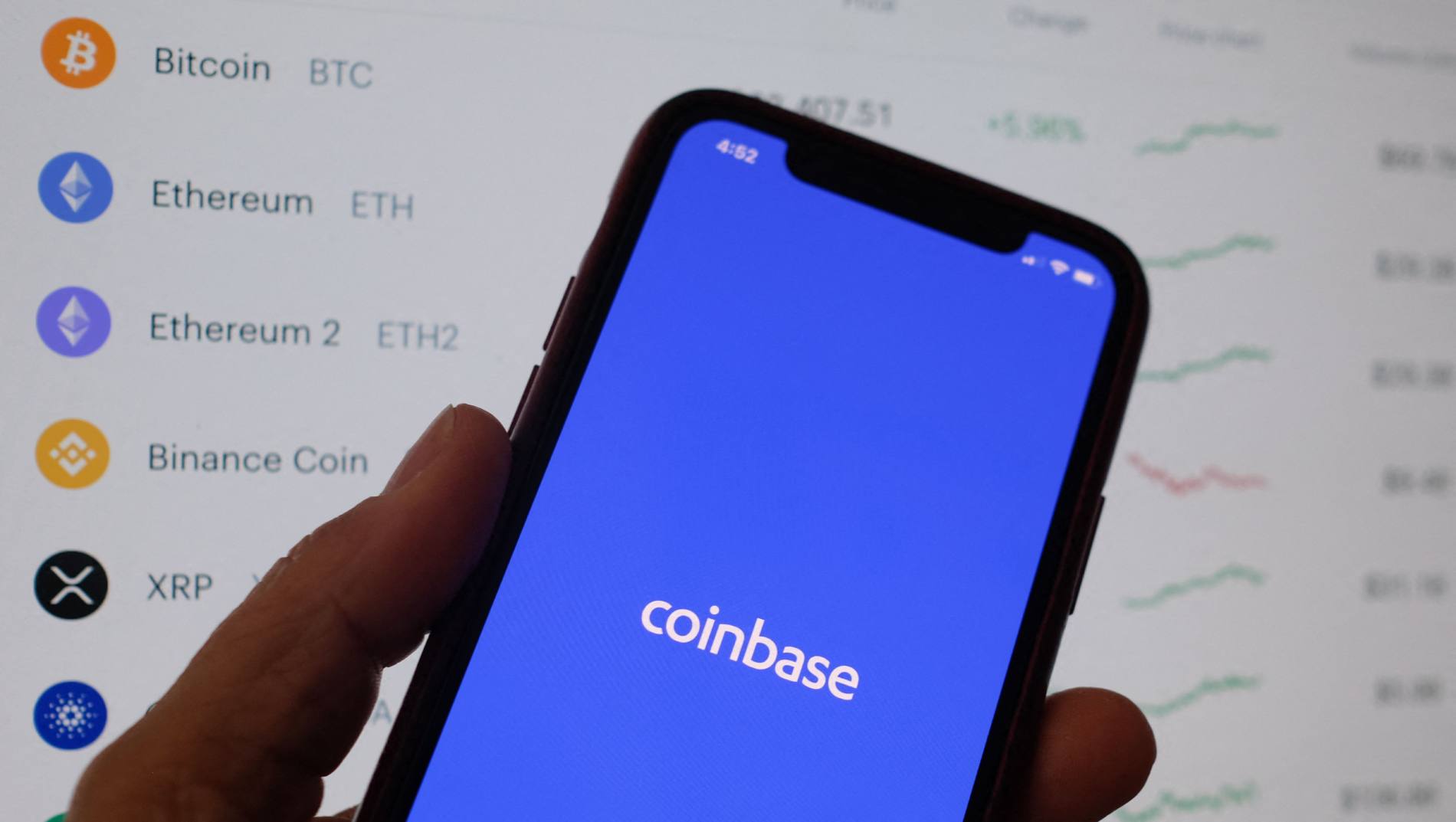Coinspeaker
Cardano Founder Highlights Challenges of AI and Blockchain Integration
Cardano founder Charles Hoskinson recently gave a keynote speech at the Ai4 Artificial Intelligence Conference. While speaking, he pointed out a few blockchain use cases for Artificial Intelligence (AI). The 36-year-old American entrepreneur handpicked vehicle identity and royalty management, among many others, as top on the list.
AI And Blockchain in the Healthcare Sector
Industry leaders regularly discuss integrating blockchain and AI. Over the years, blockchain technology has evolved beyond the transfer of information to value. Ultimately, AI could leverage the blockchain as an incentive and trust layer to build decentralized data, models, and inference marketplaces.
Hoskinson sees the possibility of AI and blockchain integration revolutionizing the healthcare sector. This could increase the efficiency of Electronic Health Record (EHR) systems.
Additionally, it could help medical practitioners make fewer errors when dealing with patients or their prescriptions. A few years ago, Skychain Global conducted a study in Russia and concluded that the fusion of AI and blockchain could help detect a very high percentage of cases that even the best human doctors might fail to diagnose.
Similarly, Reddit co-founder Alexis Ohanian recently suggested that blockchain technology could serve as a verification tool for the authenticity of AI-generated pictures. Even Ledger Chief Experience Officer Ian Rogers recently described blockchain and AI as two sides of the same coin.
While these use cases are applaudable, they are not without challenges, and Cardano’s founder pointed out a few. First, AI and blockchain still need to work on governance issues. Aside from the regulation setback, data collection in the AI sector has become quite challenging. This is because AI relies on a wide range of computational resources.
Tokenization could help solve this data collection problem, but integrating the two innovative technologies threatens privacy. Many entities believe that it could lead to resource scarcity and determinism. Input Output CTO Romain Pellerin also weighed in, summarizing Hoskinson’s speech.
“Integrating AI and blockchain is hindered by technical incompatibility and the first-mover problem, but complementary solutions could emerge, addressing these challenges,” Pellerin wrote on X.
A 🧵 about the key points that @IOHK_Charles addressed in his keynote at @Ai4Conferences 2024 about the challenges of merging blockchain and AI.
AI could leverage blockchain as an incentive & trust layer to build decentralized marketplaces for data, models and inference.
1/n pic.twitter.com/kxZw4ZlrvN
— Romain Pellerin (@rom1_pellerin) August 14, 2024
Malta’s GO Plc To Increase AI Usage
Then again, there is the ethical appropriateness challenge and moral dilemma for AI solutions. These shortcomings must still deter many organizations and nations from adopting generative AI technology. In May, Malta’s top telecommunications company, GO Plc, sought to increase its daily use of AI models.
At the time, it used AI for about 20% of all its marketing content and about 30% for writing its codes, thereby reducing the need for developers in the company. GO Plc even curates its legal contracts using AI, but humans vet them before processing them at the target destination. This telecom company aims to digitize its processes; hence, it encouraged all 1,100-plus employees to learn how to use generative AI to enhance productivity.
Cardano Founder Highlights Challenges of AI and Blockchain Integration





